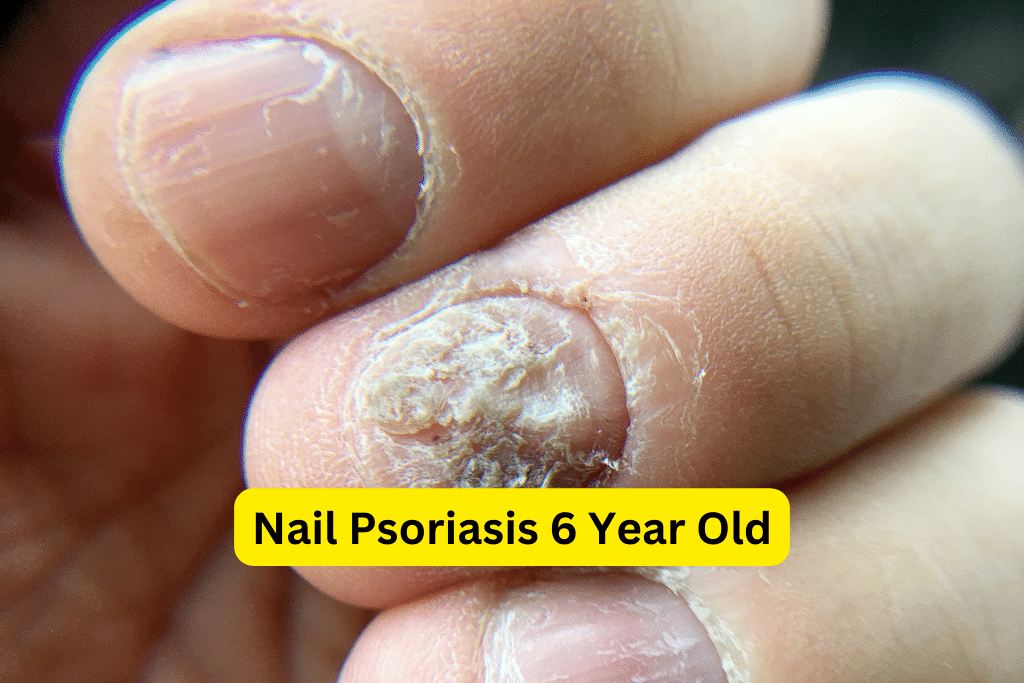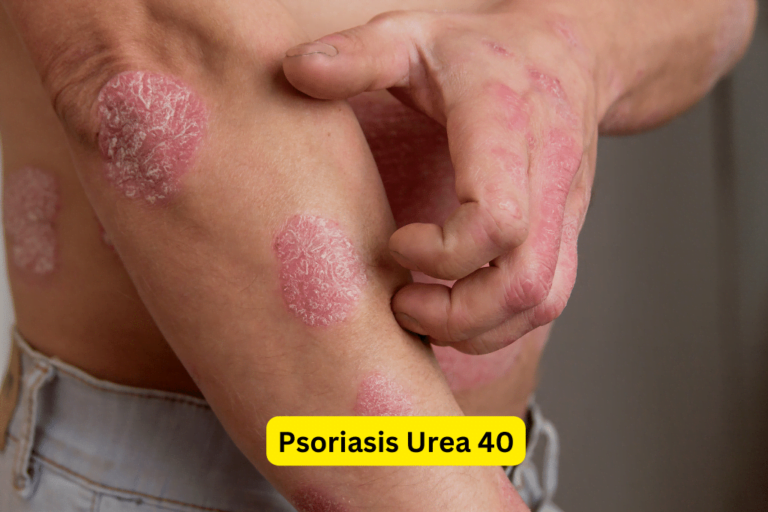Promoting Healthy Skin: Tips for Psoriasis at Age 6
Psoriasis 6 Year Old
Psoriasis is a chronic skin condition that affects people of all ages, including children. While it is commonly associated with adults, psoriasis can also develop in young children, including those as young as 6 years old. Understanding psoriasis in 6-year-old children is crucial for proper diagnosis and management of this condition. In this article, we will explore the causes, symptoms, and treatment options available for psoriasis in children at such a young age.
Section 1: Causes of Psoriasis in 6-Year-Old Children
1.1 Genetic Factors
Genetic predisposition plays a significant role in the development of psoriasis, even in children. Children with a family history of psoriasis are more likely to develop the condition themselves. Specific inherited genes have been identified as contributing factors to psoriasis development, and the presence of familial cases indicates possible hereditary factors at play.
1.2 Environmental Triggers
In addition to genetic factors, environmental triggers can also contribute to the development of psoriasis in children. Climate, weather conditions, and pollution levels have been linked to flare-ups in psoriasis. It is important to be aware of these triggers in order to manage and minimize psoriasis symptoms in 6-year-olds.
Section 2: Symptoms of Psoriasis in 6-Year-Old Children
2.1 Skin Changes
Psoriasis in children often presents with visible changes to the skin. Common manifestations include patches, scales, and redness. It is important to identify these symptoms in order to provide appropriate treatment and prevent further discomfort for 6-year-olds.
2.2 Nail Involvement
Nail changes can also be observed in children with psoriasis. Nail pitting, ridges, and discoloration are common symptoms in 6-year-olds. Monitoring the condition of the nails can serve as a valuable diagnostic tool.
2.3 Scalp Involvement
Scalp psoriasis is another common symptom of psoriasis in children, including 6-year-olds. Itching, scaling, and redness of the scalp can be present. Effective treatment options are available for managing scalp psoriasis in young children.
Section 3: Diagnosing Psoriasis in 6-Year-Old Children
3.1 Medical Evaluation
It is important to seek medical advice and professional evaluation when psoriasis is suspected in a 6-year-old child. A thorough medical evaluation, including specific tests and examinations, is necessary to confirm the diagnosis and rule out other skin conditions.
3.2 Differential Diagnosis
Psoriasis can sometimes be confused with other skin conditions, such as eczema or ringworm, in young children. It is crucial to differentiate psoriasis from these conditions through expert opinions and diagnostic tools to ensure an accurate diagnosis.
Section 4: Treating Psoriasis in 6-Year-Old Children
4.1 Topical Treatments
Topical medications are commonly prescribed for young children with psoriasis. Corticosteroids, calcitriol, and emollients are often used to manage the condition. Proper application and potential side effects should be considered.
4.2 Phototherapy
Phototherapy is another treatment option for children with psoriasis. It involves exposure to specific wavelengths of light to reduce inflammation and slow down the rapid growth of skin cells. Phototherapy has shown success in managing psoriasis in 6-year-olds, but precautions and considerations must be taken into account.
4.3 Systemic Medications
In severe cases of psoriasis, oral or injectable medications may be necessary. These systemic medications may be considered for 6-year-olds, but risks, benefits, and monitoring are essential aspects to address with healthcare professionals.
Section 5: Lifestyle Management and Coping Strategies for 6-Year-Olds with Psoriasis
5.1 Importance of a Healthy Lifestyle
Maintaining a healthy lifestyle can greatly impact the management of psoriasis in 6-year-olds. Proper diet, exercise, and stress management techniques can help reduce symptoms and improve overall well-being.
5.2 Psychological Support
Psoriasis can have a significant emotional impact on children, affecting their self-esteem and body image. Providing psychological support, boosting self-esteem, and considering professional counseling or support groups can be beneficial for both children and parents.
Conclusion
Understanding psoriasis in 6-year-old children is essential for effective management of this chronic skin condition. By identifying the causes, recognizing the symptoms, seeking proper diagnosis, exploring treatment options, and supporting a healthy lifestyle, parents can help their children cope with psoriasis and promote their overall well-being.
"Have You Seen Mike Walden's new holistic acne System yet? It's called "Acne No More" I've read the whole thing (all 223 pages) and there's some great information in there about how to naturally and permanently eliminate your acne without drugs, creams or any kind of gimmicks. I highly recommend it - it's very honest and straightforward without all the hype and b.s. you see all over the net these days. Here's the website where you can get more information:
Click Here -->AcneNoMore









